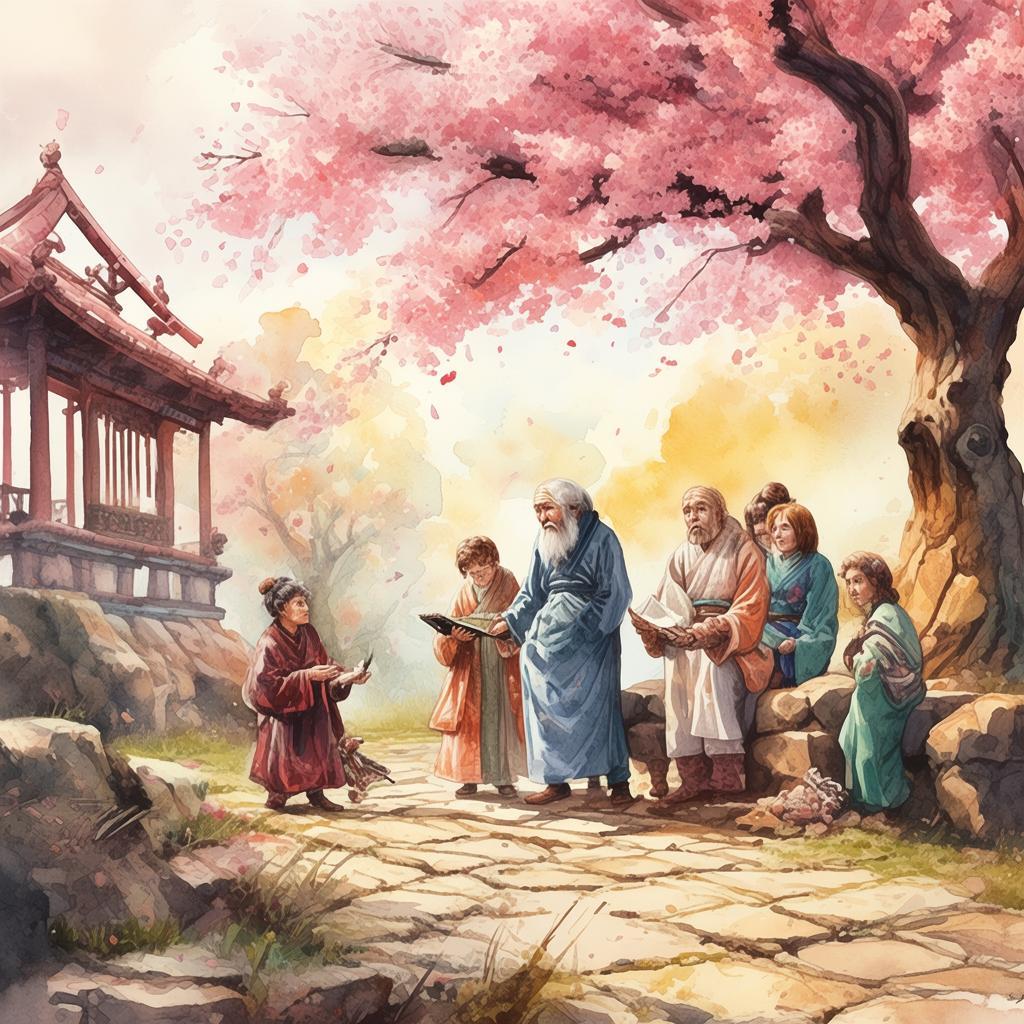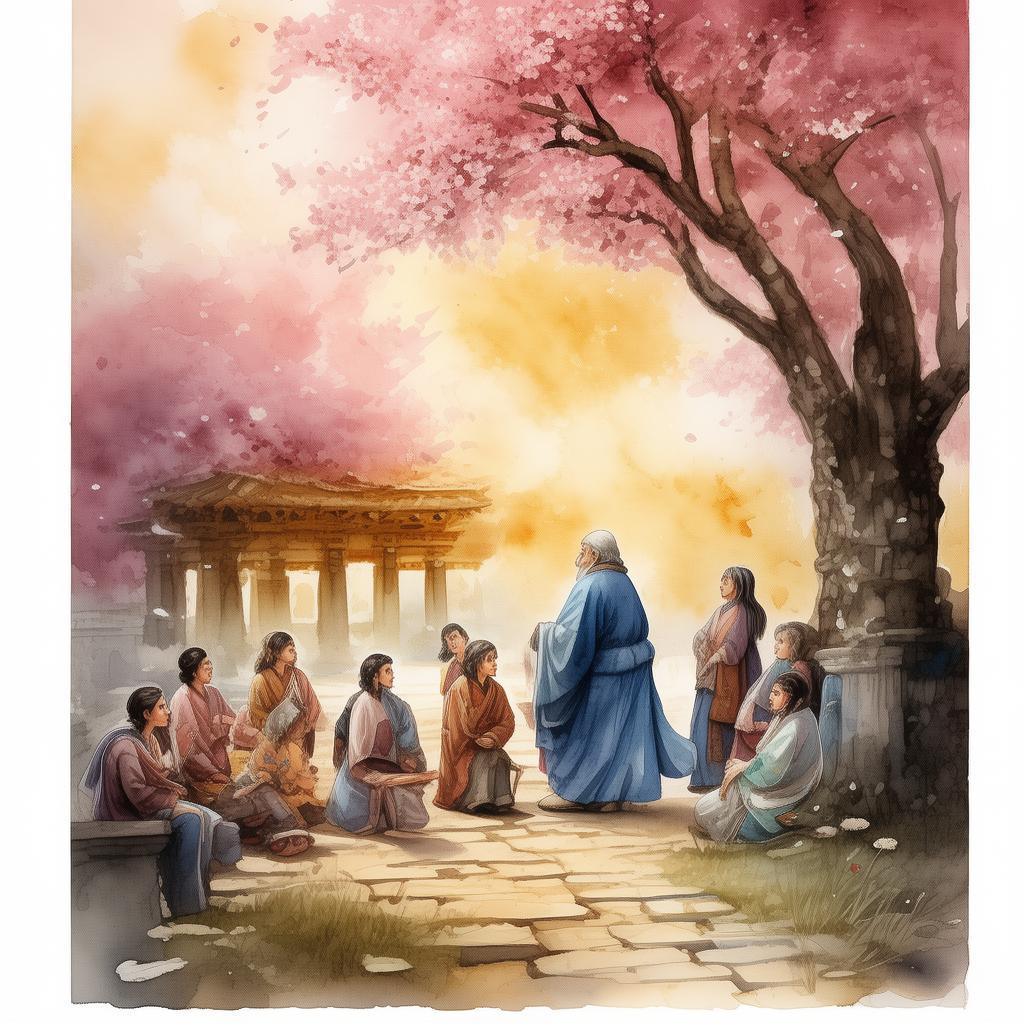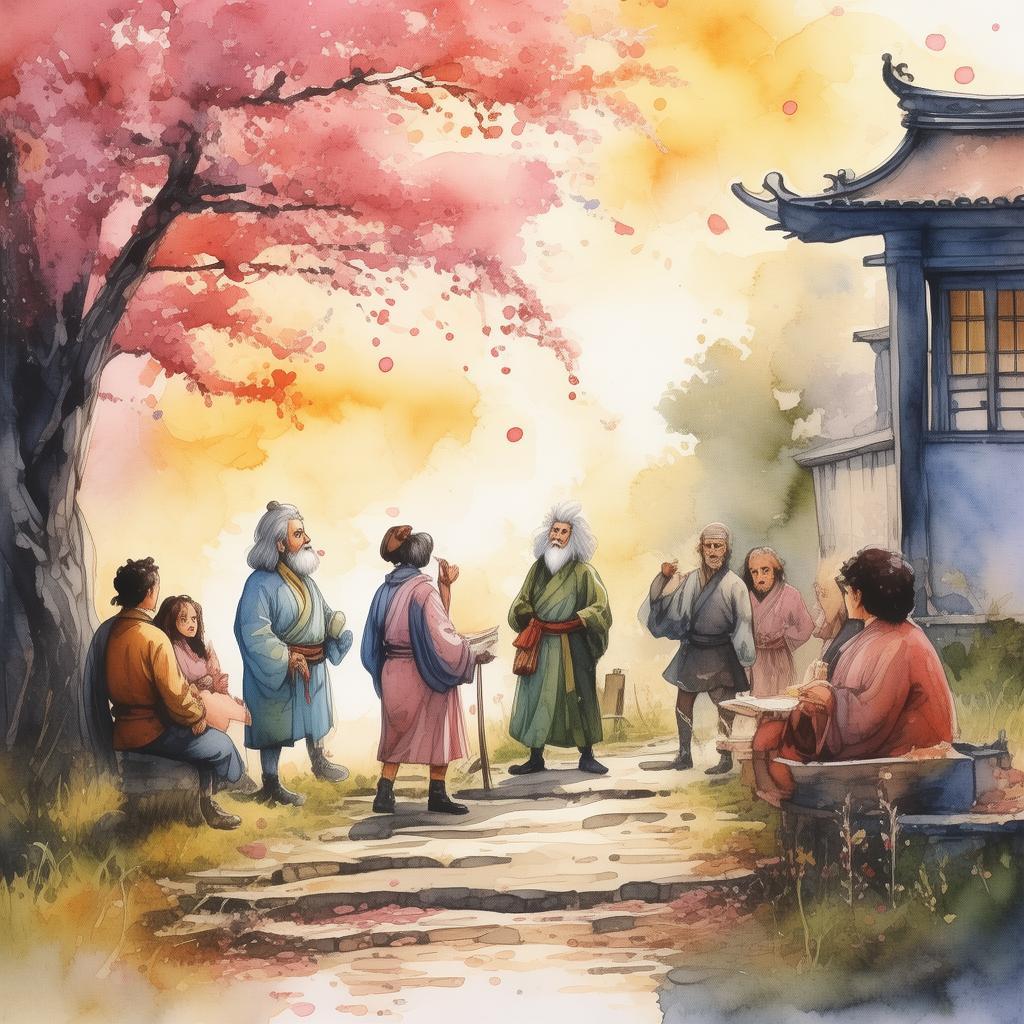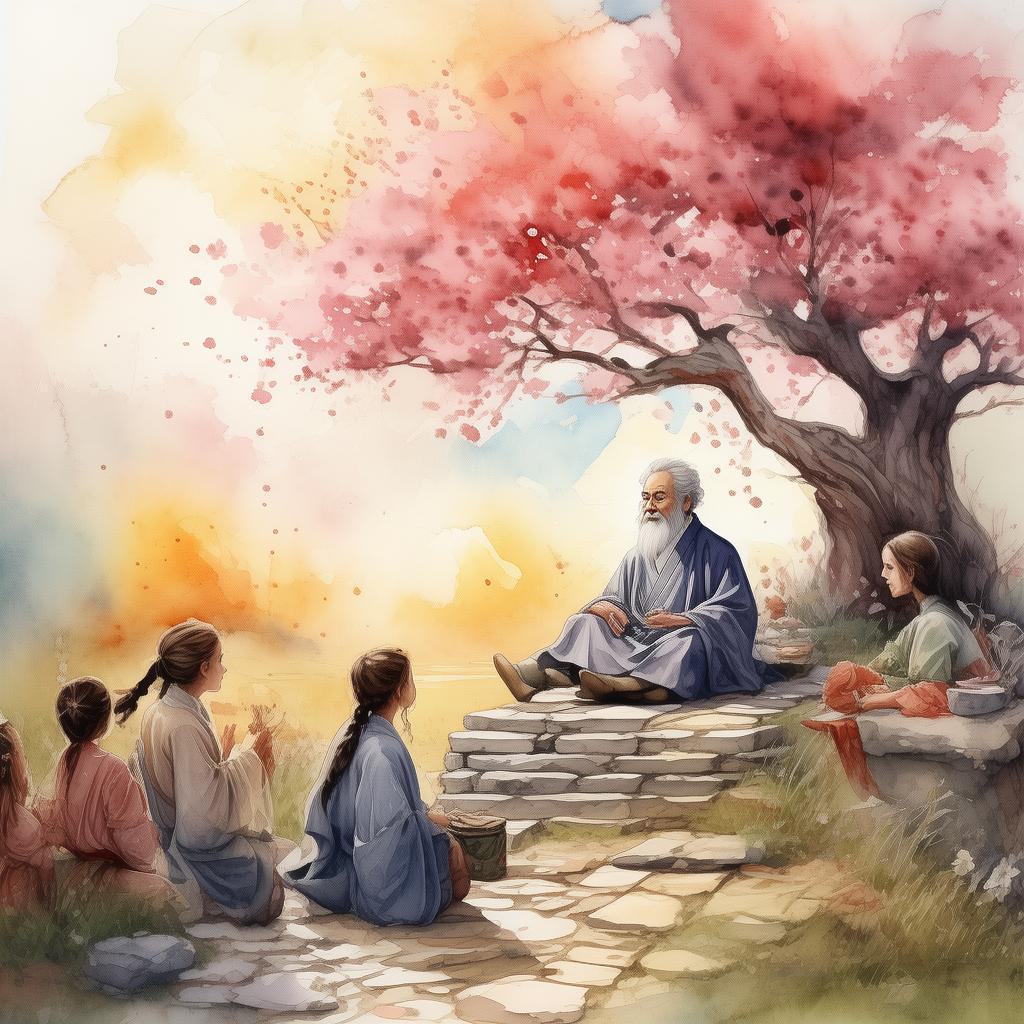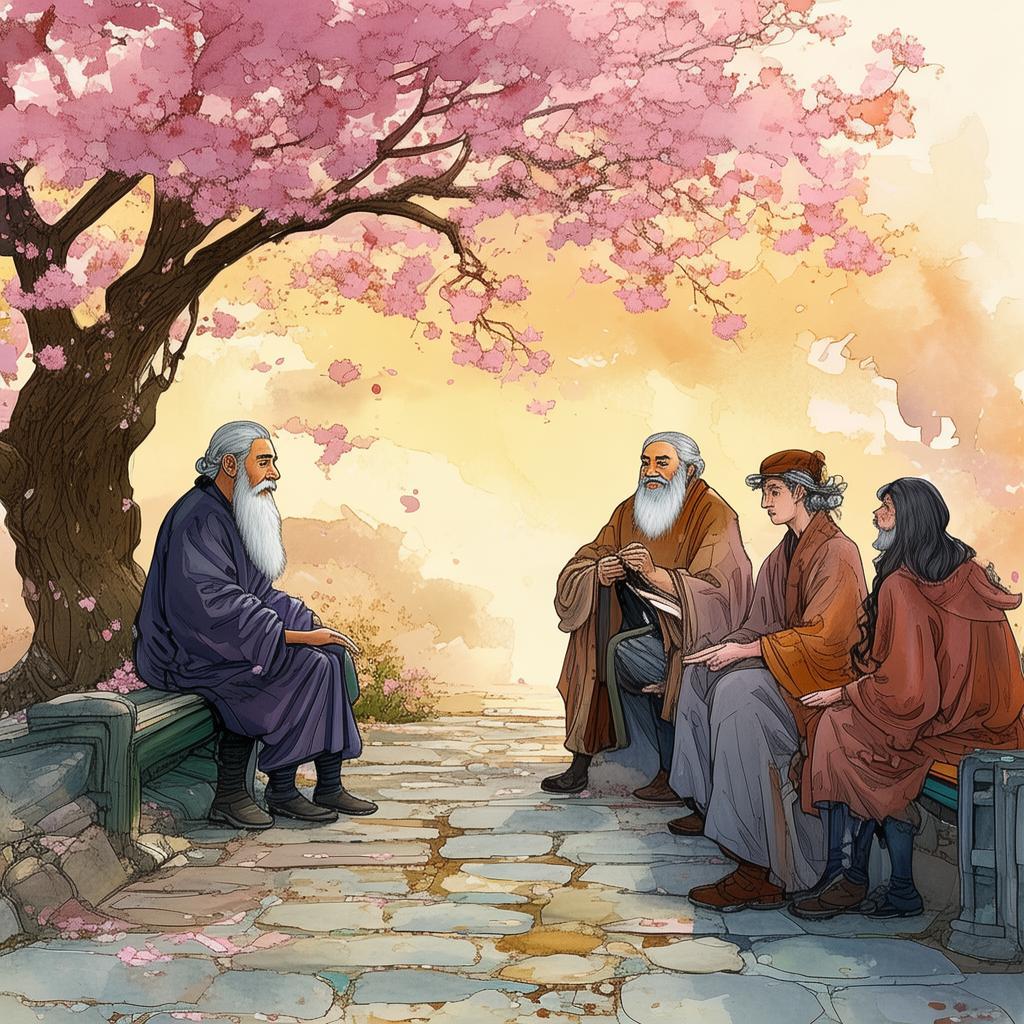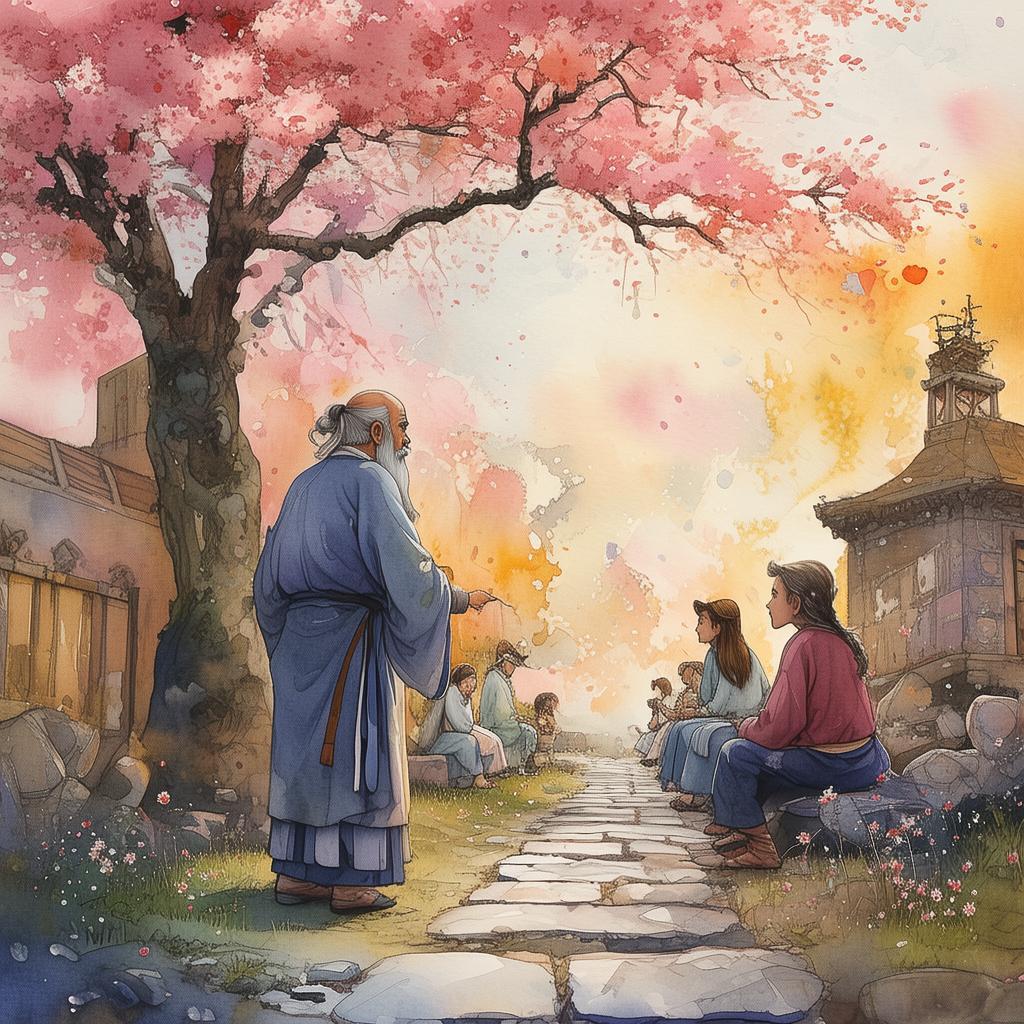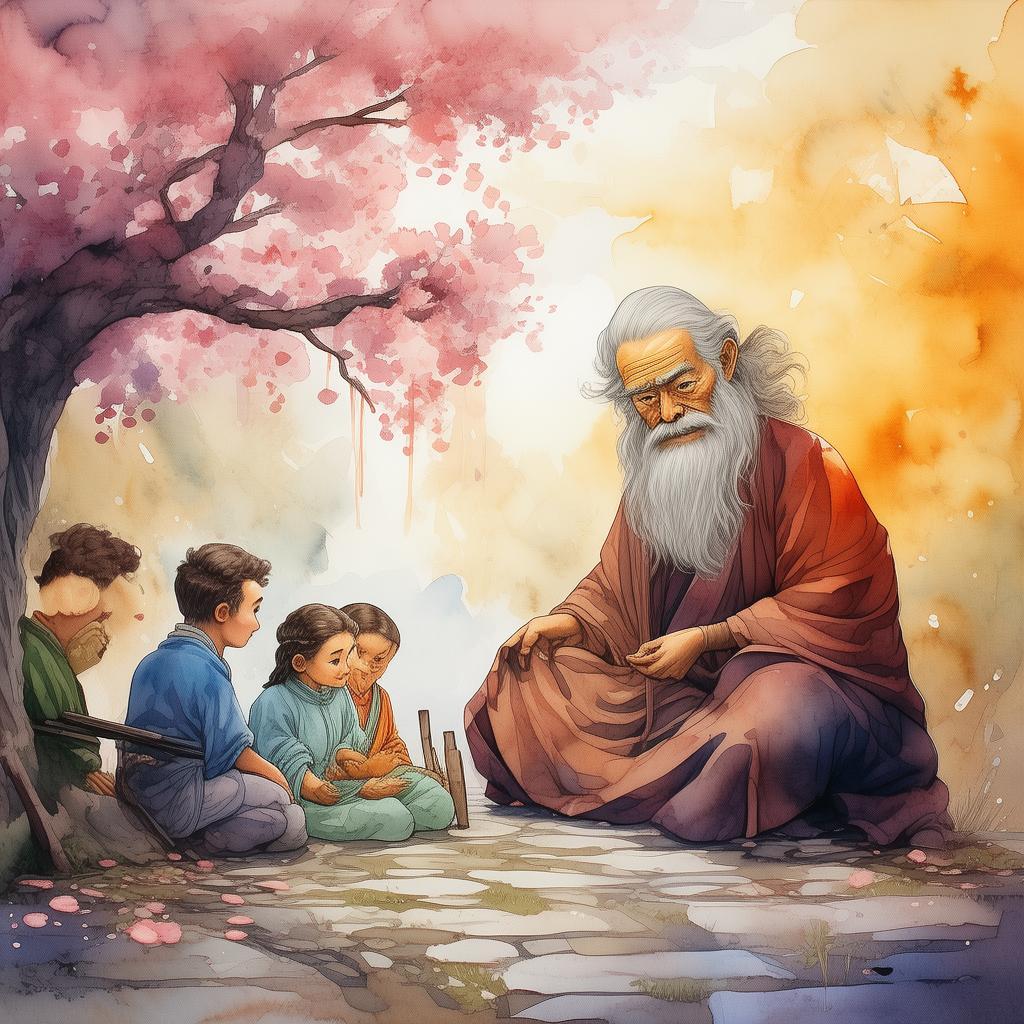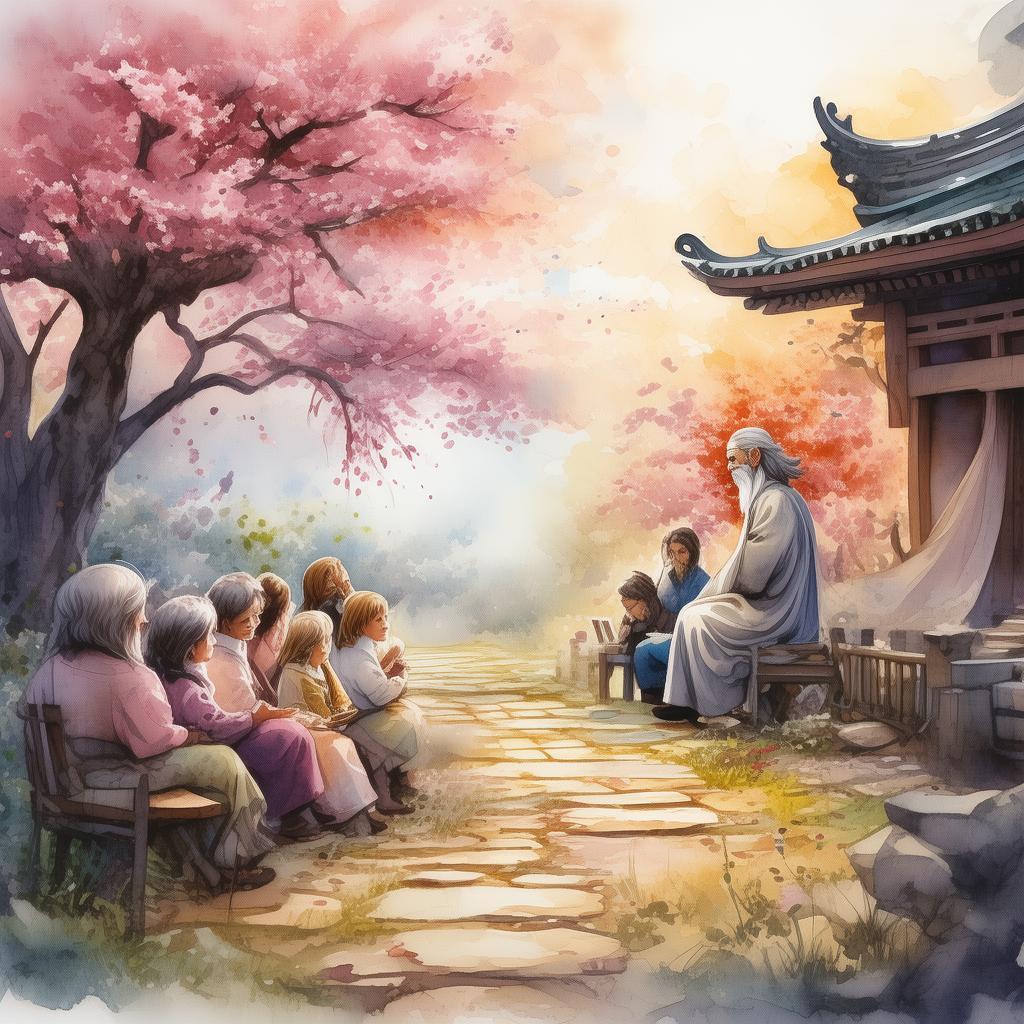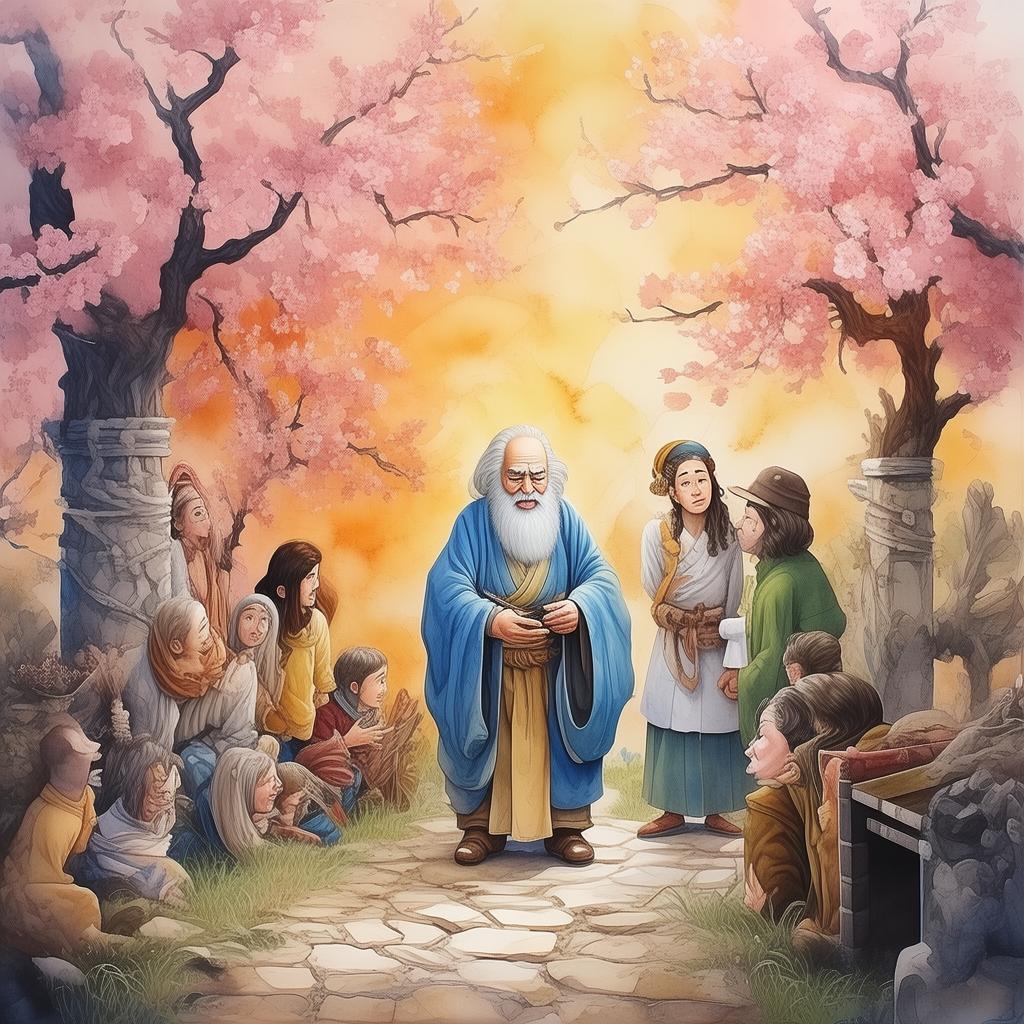The Quantum Leap: The Scientist's Dilemma
In the heart of a bustling city, nestled between towering skyscrapers and the hum of the modern world, stood the Quantum Institute. It was a place where time and space were but mere abstractions, and the boundaries of reality were constantly being pushed. At its helm was Dr. Li Wei, a man whose mind was as vast as the cosmos itself. He was a man of many contradictions: a brilliant scientist who believed in the power of discovery, yet an ethical soul who knew the weight of his actions.
Dr. Li Wei had been working on a project that promised to revolutionize the way we understood the universe. The Quantum Leap, as he called it, was a theory that suggested it was possible to harness the quantum entanglement of particles to transport objects or even people across vast distances instantaneously. The potential applications were limitless: faster-than-light travel, instantaneous communication, and even the ability to solve some of the most pressing problems facing humanity.
The Quantum Institute was abuzz with excitement. The press was eager to cover the story, and the government was keen to invest in the research. But there was a catch. The Scientist's Pledge, a sacred oath taken by all scientists, stipulated that they would not use their knowledge to harm others or violate the sanctity of life. Dr. Li Wei knew that his Quantum Leap could potentially be used for evil purposes.
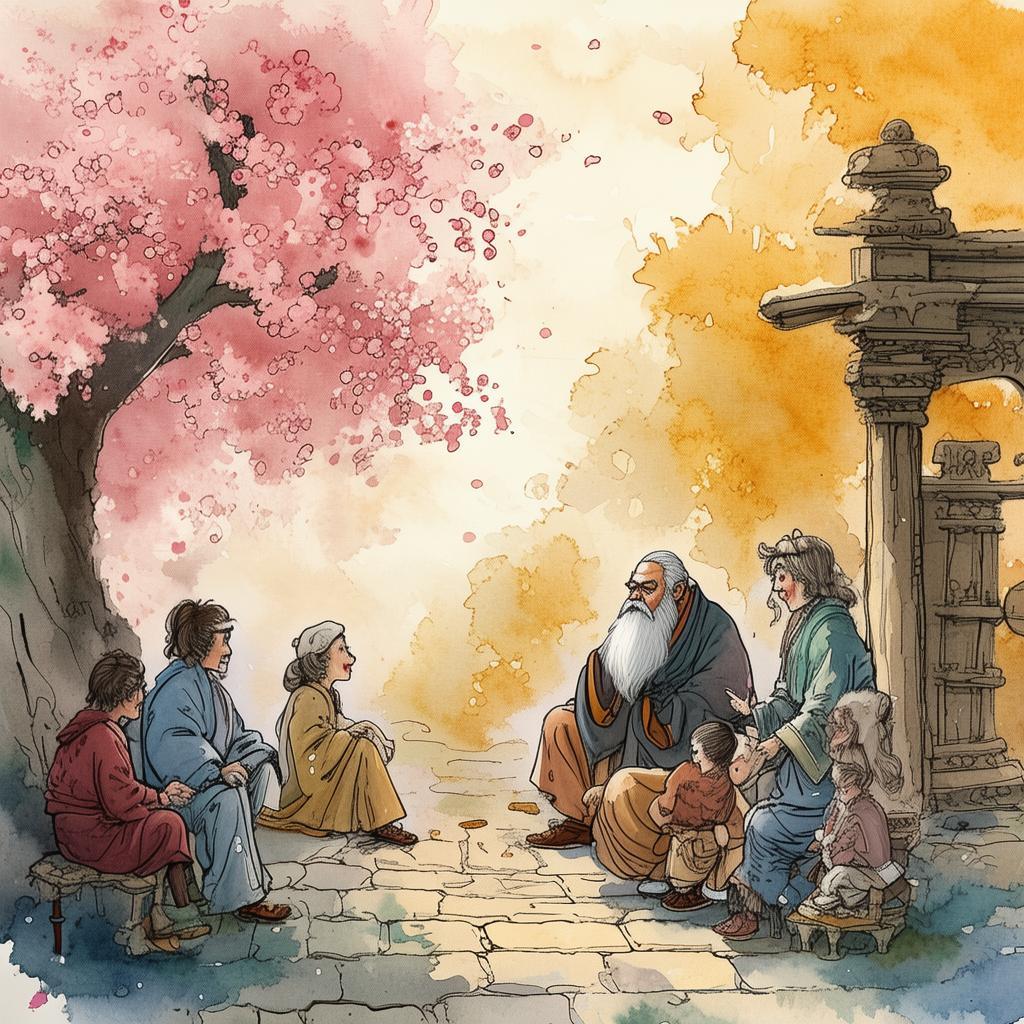
As he stood in his lab, surrounded by the hum of machinery and the glow of screens, Dr. Li Wei's mind raced. He had to make a decision that would define his career and his legacy. He could continue his work and risk the dangers of misuse, or he could adhere to the Scientist's Pledge and abandon the project.
The following days were a whirlwind of contemplation and debate. He sought counsel from his closest colleagues, each of whom had their own opinions. Some believed that the benefits outweighed the risks, while others argued that the Pledge was non-negotiable.
One evening, as he walked the quiet streets of the city, Dr. Li Wei encountered a group of protesters. They were gathered outside the Quantum Institute, demanding that the project be halted. Among them was a young woman, her eyes filled with determination and sorrow. "Dr. Li Wei," she called out, "you must understand the consequences of your actions. The world cannot afford to ignore the ethical implications of your work."
The young woman's words echoed in his mind. He realized that the Quantum Leap was not just a scientific endeavor, but a moral one as well. He had to make a choice that would not only advance his career but also uphold the values he held dear.
Returning to the Quantum Institute, Dr. Li Wei called an emergency meeting. He announced that the project would be halted indefinitely. The room fell into a silence that was almost oppressive. His colleagues were shocked, and some were openly angry. But Dr. Li Wei stood firm. "The Scientist's Pledge is not just a document," he said. "It is a promise we make to ourselves and to the world. We must honor it."
The news of Dr. Li Wei's decision spread quickly. The public was divided, with some praising his integrity and others criticizing his decision as a loss for humanity. But Dr. Li Wei remained resolute. He knew that the Quantum Leap was a powerful tool, and it was his responsibility to ensure it was used for good.
In the years that followed, Dr. Li Wei continued his work, focusing on more ethical applications of quantum physics. He developed new technologies for clean energy and disease treatment, using the principles of quantum mechanics to improve the human condition. His dedication to the Scientist's Pledge became a beacon of hope for those who believed in the power of science to do good.
The Quantum Leap: The Scientist's Dilemma is a story of moral courage, the pursuit of knowledge, and the eternal struggle between progress and ethics. It is a tale that asks us to consider the cost of our actions and the responsibility we have to the future.
✨ Original Statement ✨
All articles published on this website (including but not limited to text, images, videos, and other content) are original or authorized for reposting and are protected by relevant laws. Without the explicit written permission of this website, no individual or organization may copy, modify, repost, or use the content for commercial purposes.
If you need to quote or cooperate, please contact this site for authorization. We reserve the right to pursue legal responsibility for any unauthorized use.
Hereby declared.
